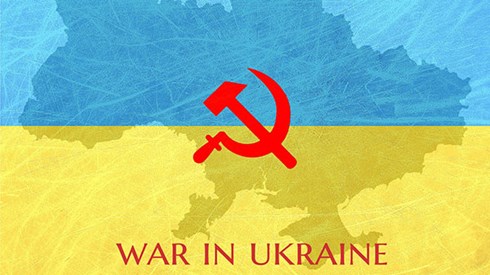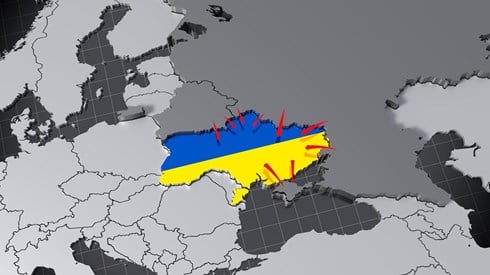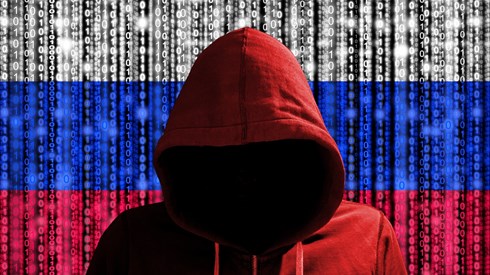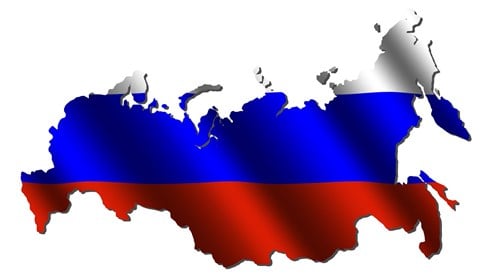Experts Look To Sort Out Russia-Ukraine War's Insurance Impact

March 28, 2022

As Russia's invasion of Ukraine continues, many are trying to assess the potential impacts on the insurance industry. They include the potential for claims on various lines of coverage, the possibility of related cyber attacks, economic impacts, and how the event might affect future risk pricing.
"All throughout the industry, there is just intense interest in how is this situation playing out," said Ken Mungan, chairman of Milliman, who moderated an International Insurance Society webinar last week titled "The War in Ukraine: Implications for the Global Insurance Industry."
"The insurance industry also prices risk, and now risk pricing is all going to be rewired, if you will, for potential events like this," Mr. Mungan said.
For the insurance industry, the bulk of the exposures emerging from the conflict will be in London and European markets, one webinar panelist suggested.
"American exposures to European and Ukraine specifically are fairly limited," said Dr. Michel Leonard, chief economist and data scientist and head of the Economics and Analytics Department at the Insurance Information Institute. "The reason is fairly simple. It's that American businesses do not trade as much with Ukraine as their neighbors on the European continent. As a result of that, there's less exposure."
There might be some indirect exposure for US insurers through some industries in terms of global corporations with global policies, though that would be fairly limited, Dr. Leonard said.
Even among European insurers, the impact should be fairly limited, he said, and shouldn't create surplus and solvency concerns, except potentially in the area of cyber insurance. "That's the one area where, depending on the contract, there might be exclusions for war, there might be exclusions for state-sponsored attacks," Dr. Leonard said.
Should the conflict escalate, the cyber area could see a significant impact, Dr. Leonard said. "Cyber risk, cyber risk, cyber risk. The likelihood is growing by the day," he said. "The implications there could be dramatic, and certainly there's a significant exposure from the insurance world to cyber risk, and it wasn't necessarily designed to take on systemic attacks."
One question he's heard a lot is about political risk insurance and cross-border trade insurance, Dr. Leonard said. Again, the bulk of the insurance risk is in European markets. "The industry is international, it's global. But what's important to know is since the invasion of Crimea, [insurer] exposure through political risk insurance in private markets, cross-border trade credit insurance has been diminishing," he said.
Mr. Mungan noted that the Russia-Ukraine war could be a large event in the aviation insurance market, with more than 500 commercial aircraft stranded in Russia because of sanctions. There will be claims associated with those aircraft, he said.
"How that is going to play out is really going to be a matter for the courts," Mr. Mungan said, noting there will be issues around claims associated with war exclusions and the sequencing and timing of events.
In general, insurers' exposures will be limited by war exclusions, Dr. Leonard said.
"The war exclusion is as standard an exclusion as it gets in insurance contracts," he said. "The exposure is limited significantly on the basis of the war exclusion."
Wei Li, global chief investment strategist at BlackRock, said the economic impact of the Russian invasion will likely be greater in Europe than in the United States.
She said she expects the war in Ukraine to shave up to 3 percentage points from economic growth in Europe and add 1 to 1.5 percentage points to inflation. In the United States, the war could slow economic growth by 0.5 percentage points and account for a 1 percentage point increase in inflation, Ms. Li said.
"The fallout from the energy vulnerability elevated volatility is felt a lot more in Europe than in the [United States]," Ms. Li said.
Ms. Li noted that in addition to the sanctions on Russia that governments have put in place since the invasion, there is "self-sanctioning" taking place among some businesses.
"It's not necessarily that the companies are forbidden to do business, but they walk away and pivot in anticipation of policies being put in place," she said. "All of that aggregates together to have very, very meaningful impact on economic trends and also on inflationary trends.
"We are entering a new inflationary regime. Where inflation settles will be higher than what we were used to pre-pandemic," Ms. Li said. "Inflation protecting your assets and inflation protecting your portfolio is going to be a structural challenge you have to think about."
While the conflict has added to volatility in financial markets, Mr. Mungan said he hasn't seen that having an impact on the insurance industry.
"Honestly, I'm not seeing anything," he said. "The insurance industry's been through this over and over again.
"The insurance companies took out their extreme market volatility playbook. That playbook is very well refined at this point. They've carried out their plans and those plans have largely worked," Mr. Mungan said.
One possible silver lining to emerge from the Russia-Ukraine war might be an acceleration of the pace of energy transition, driven by European companies looking to free themselves from a dependence on Russian energy sources, Ms. Li said.
"In the grand scheme of things, thinking about the global green transition, this can actually move things faster," she said.
The insurance industry will have a role to play in that activity, according to Mr. Mungan.
"The insurance industry really is going to play a dual role here in terms of what happens next. You have this shock that affects inflation, potentially reduces [gross domestic product]," he said. "My assumption is there's going to be a big process of rewiring and building resilience to lessen the potential of future shocks along these lines."
March 28, 2022


